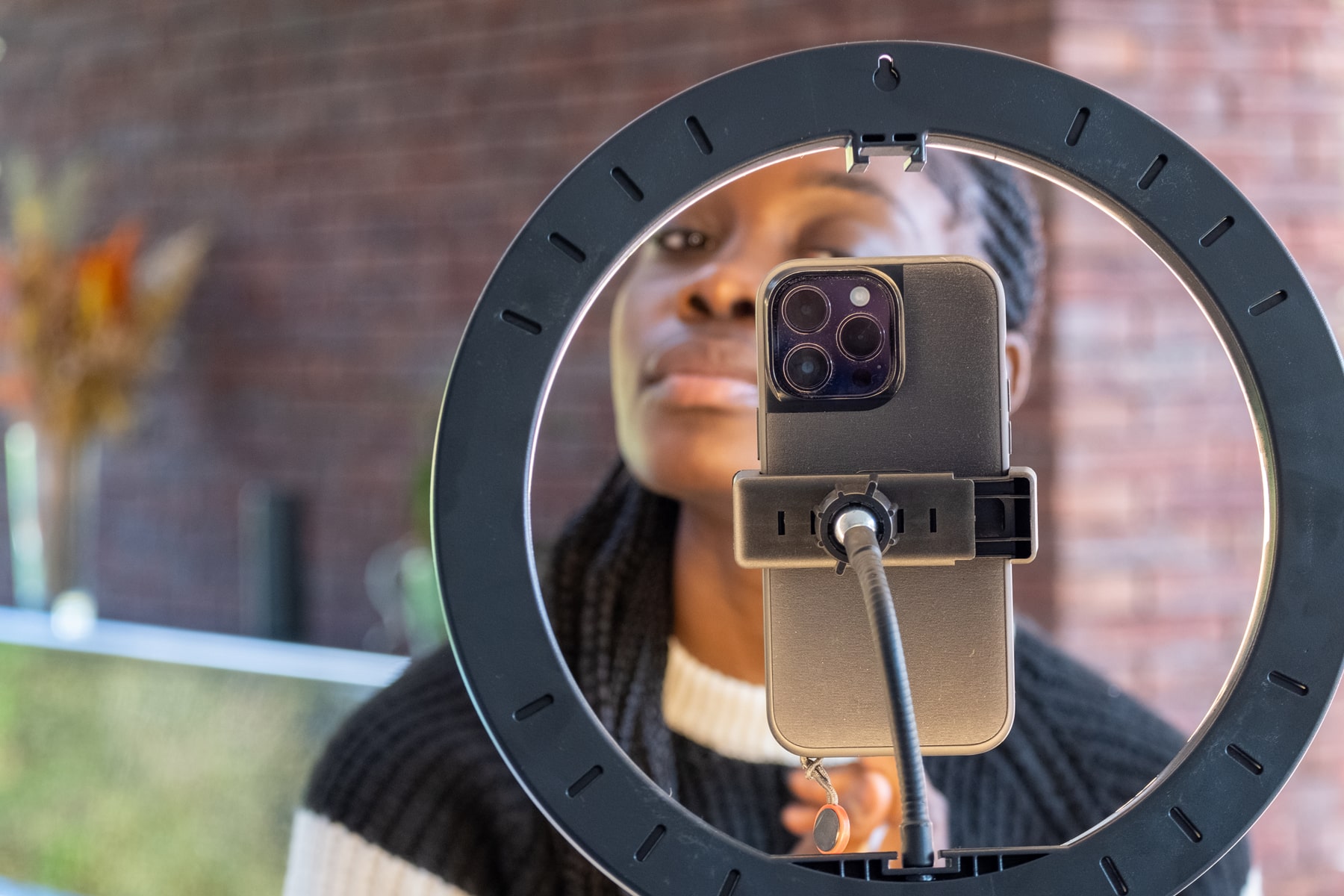
Lessons Learned from Using Celebrities as Public Health Messengers
During COVID-19 pandemic, CCP led a social media campaign in Malawi using influencers to share messages about vaccination. Results were mixed.

During COVID-19 pandemic, CCP led a social media campaign in Malawi using influencers to share messages about vaccination. Results were mixed.
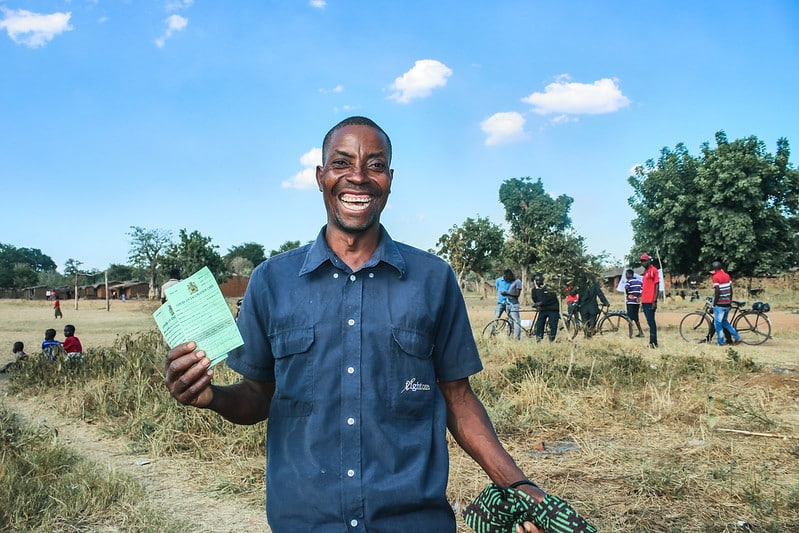
New CCP research suggests that treating the COVID-19 vaccine differently than other routine vaccines may have contributed to vaccine doubts and low uptake rates.
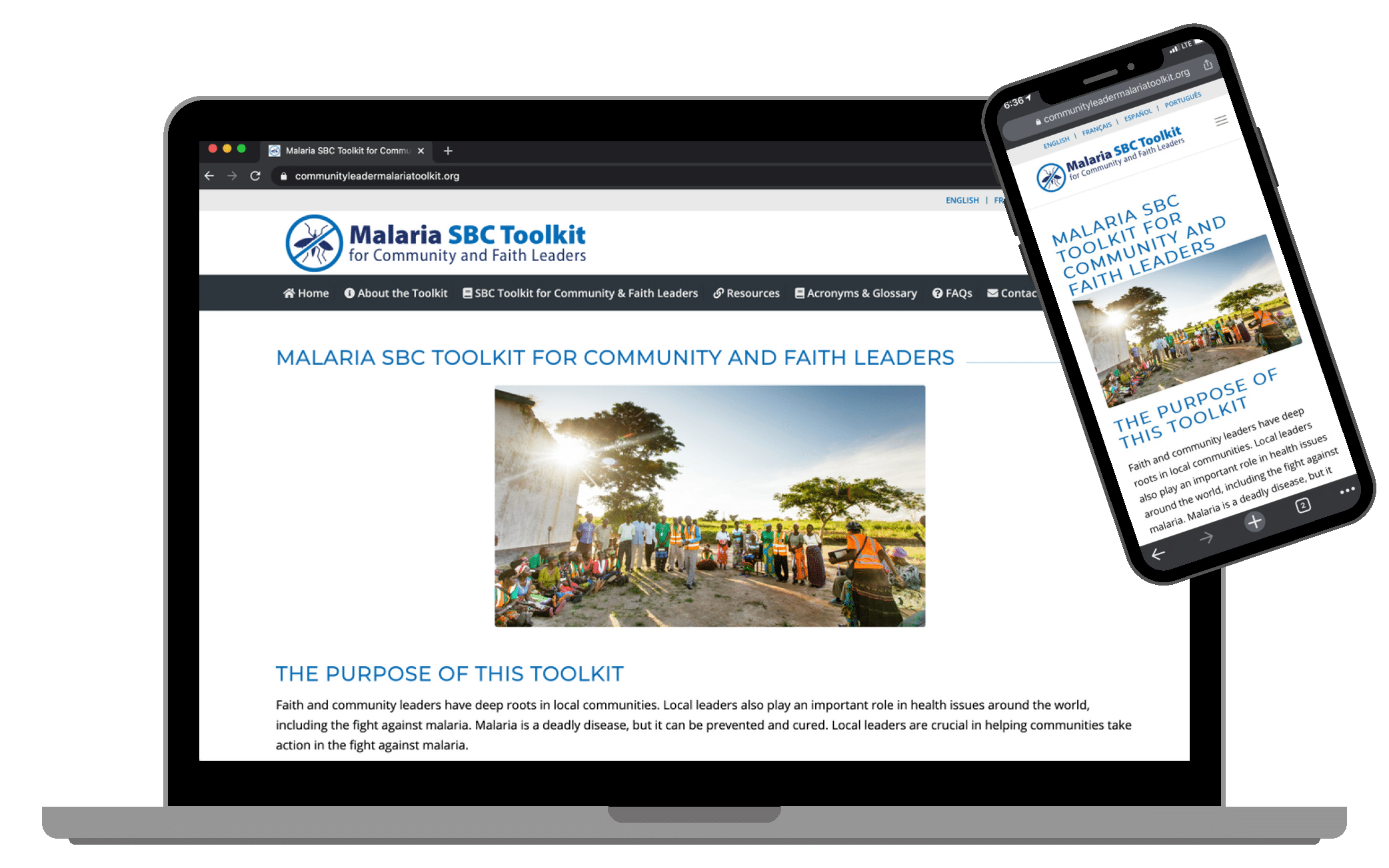
PMI and the CCP-led Breakthrough ACTION project created a toolkit to train faith leaders about how they can encourage malaria prevention.
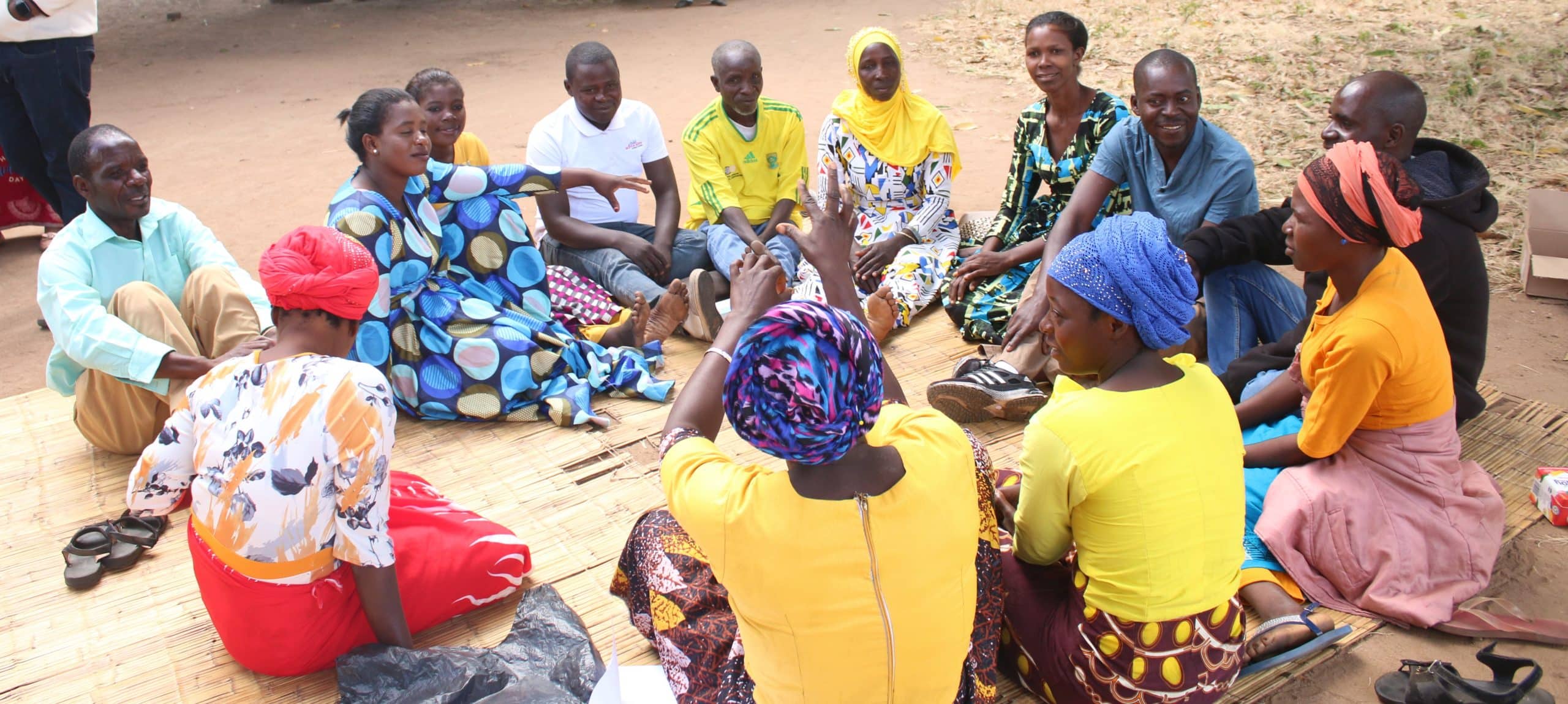
The tactics seem to be working: In April, the Juma community registered 44 cases of malaria. In June, there were only 15.
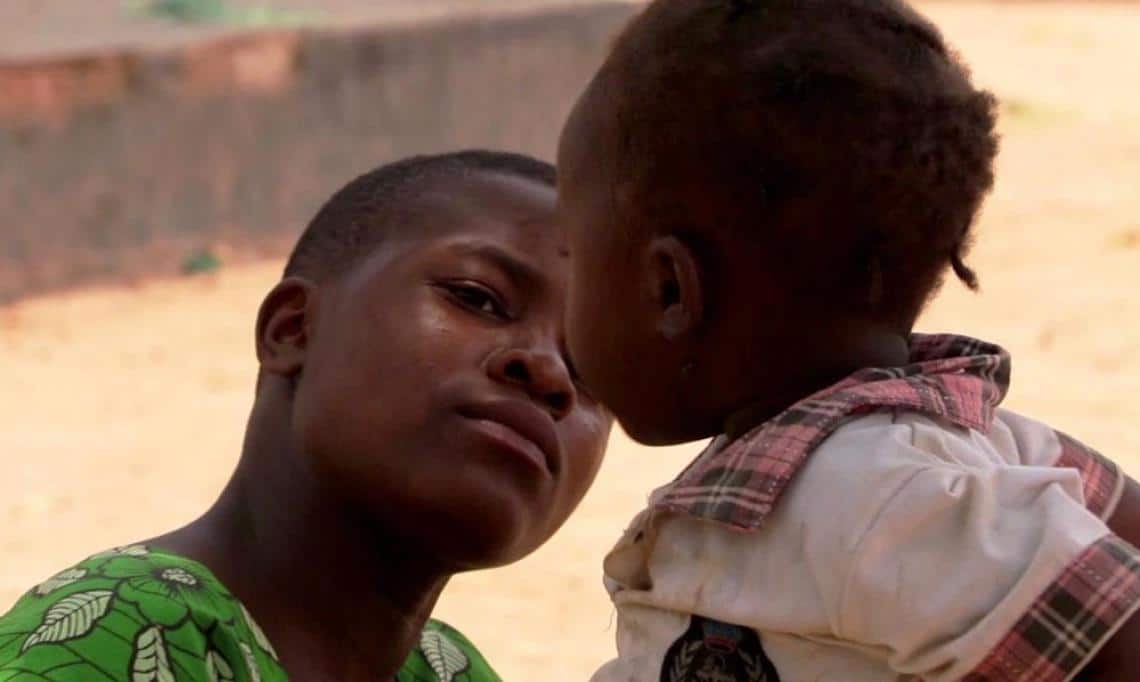
In Malawi, 42 percent of girls are married before their 18th birthday. With the help of CCP, that is slowly changing.
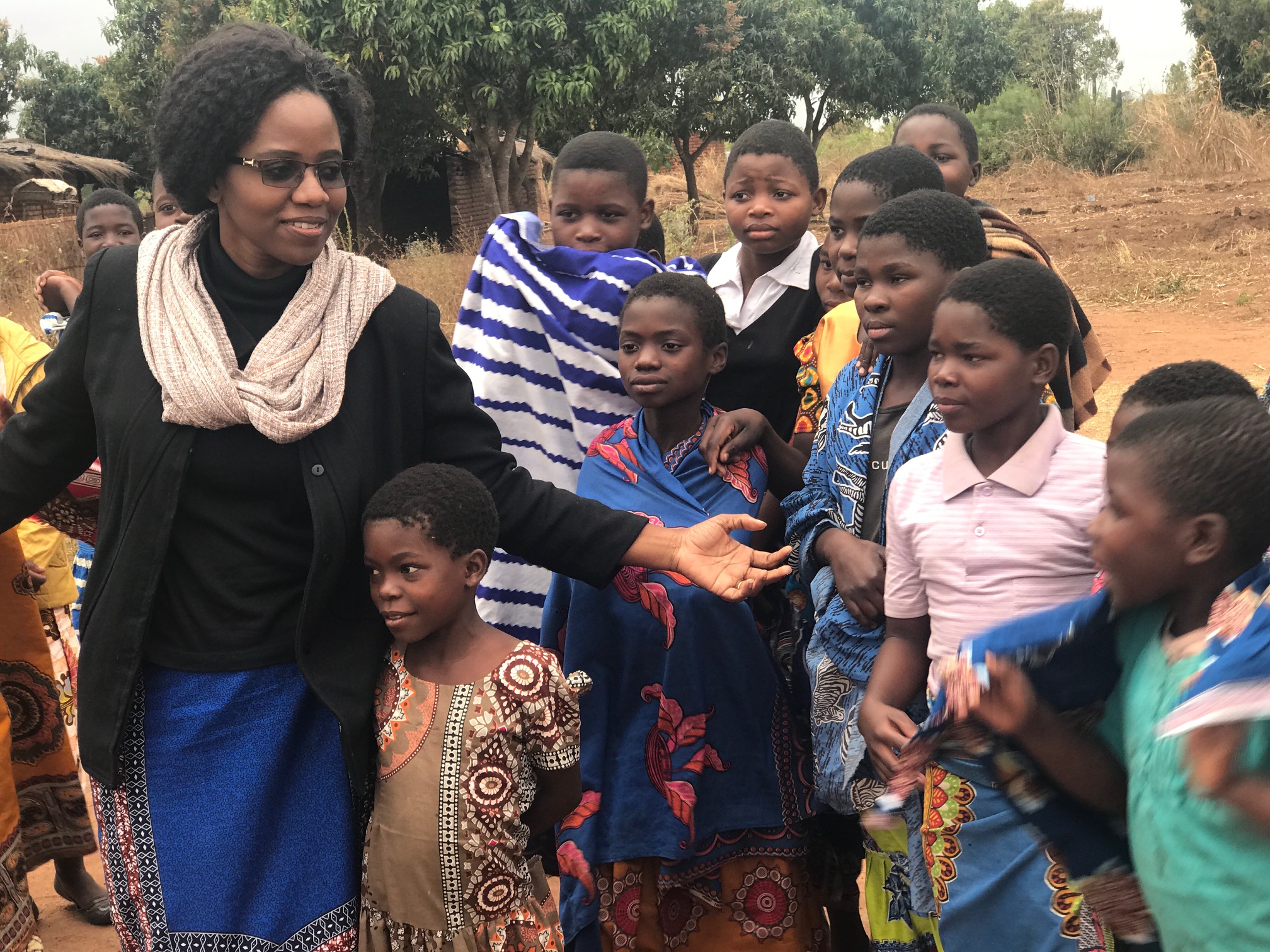
Thoko Mwapasa, CCP’s Chief of Party in Malawi, died on January 22 due to complications from COVID-19. “Thoko still had so much to do and contribute,” says CCP’s Dana Loll.
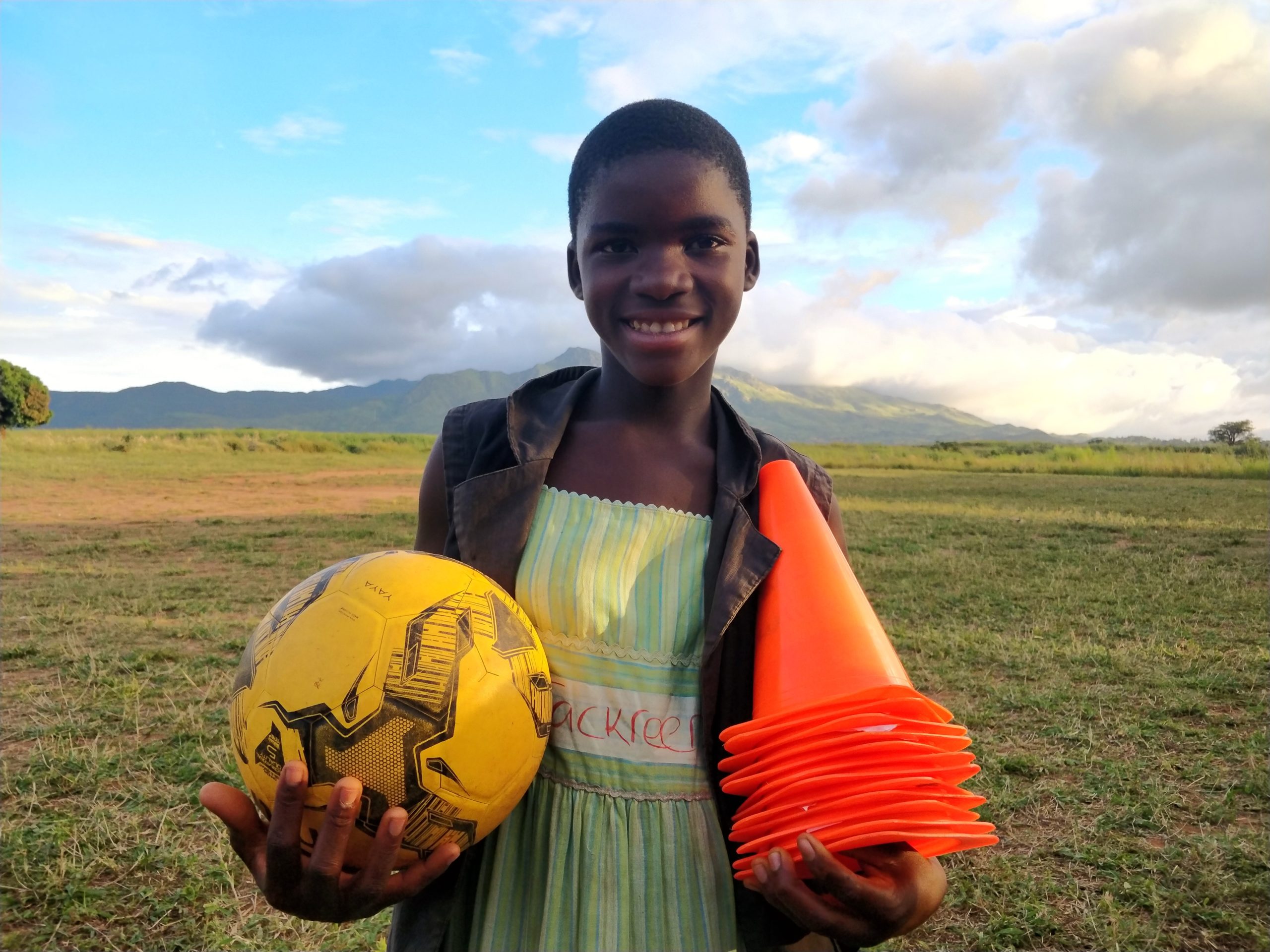
“Young people find programming that doesn’t involve play to be boring. They have very short attention spans,” says CCP’s Thomas Ofem. “This program is designed to get kids moving and learning at the same time.”
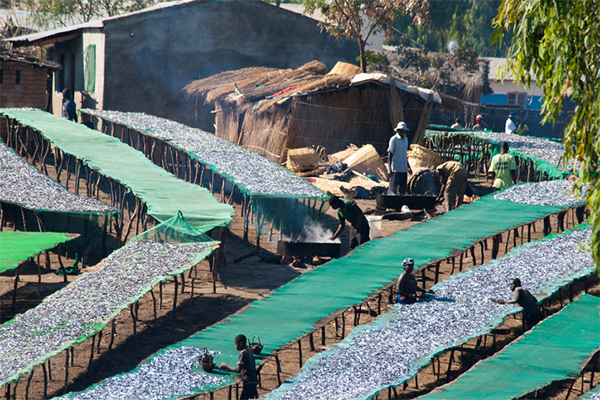
“People who live along the lake don’t fish with mosquito nets because they want to,” says CCP’s Sara Berthe. “They do it because they are poor and hungry and mosquito nets are readily available.”
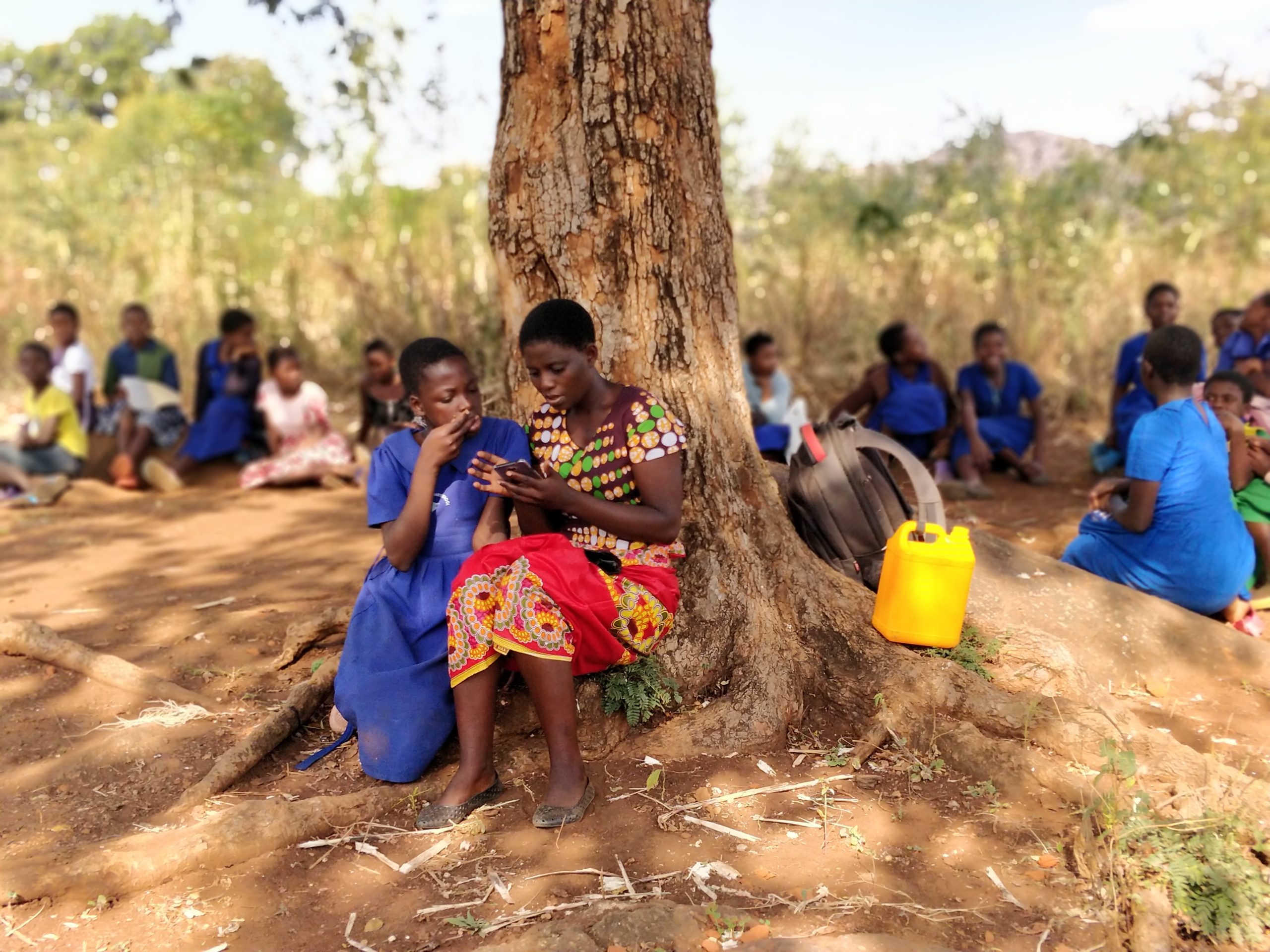
“It’s quick and it’s easy. It reduces work for health workers and improves the client’s experience at the same time,” says CCP’s Thomas Ofem. “It’s making decisions in real time and getting results.”
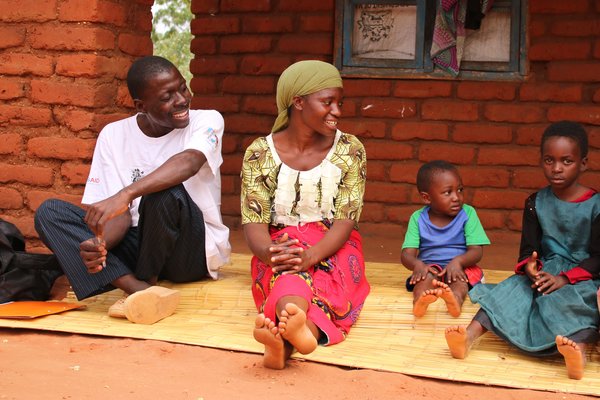
Felix Chipoya had no background in health before he linked up with One Community, a comprehensive USAID-funded initiative to prevent, test for and link people to treatment HIV in Malawi. “Before our work, very few people were getting tested, some because of long distances to
Receive the latest news and updates, tools, events and job postings in your inbox every month